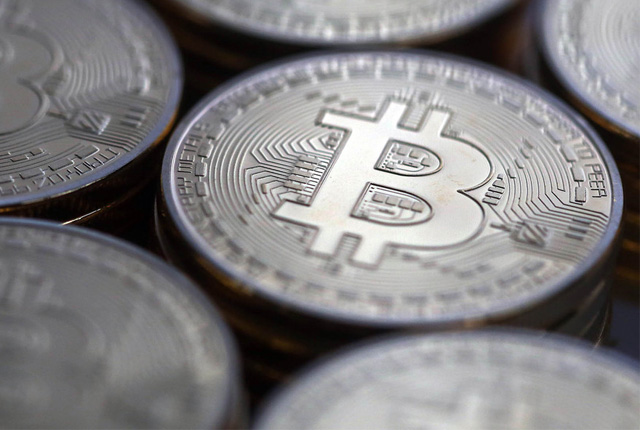This means millions of people each year freely hand over their cash and opt to use their cell phone, online currency transfers or a plastic debit/credit card to make 100% of their purchases.
We reported back in November 2016 – Cashless World: 1 out of 3 People Never Use Cash – fewer and fewer people understand the importance of using cash to protect themselves from an overarching government warlord. At the time, China’s use of digitized currency was growing at about 40% per annum. This means millions of people each year freely hand over their cash and opt to use their cell phone, online currency transfers or a plastic debit/credit card to make 100% of their purchases. We see this as nothing short of happily going into the gulag of digital enslavement.
Today we learned China is taking another step toward being a cashless society. Not just any cashless society, but the largest populated nation on the planet. Please keep in mind this announcement is coming on the heels of China’s closest ally, Russia, announcing she would be issuing a crypto-ruble – Which is a digitized currency as well. Once these two nations go cashless that will be a huge blow to hard currency in circulation around the world.
Yesterday, Cointelegraph reported that local news sources in Russia had been informed by the Minister of Communications, Nikolay Nikiforov, that President Putin has approved a plan for the issue of a “CrypoRuble.” There was no detail, however, on timeline and no any subsequent confirmation that we’ve seen. Coincidentally, or not, Nikiforov is quoted as saying “I confidently declare that we run (sic) CryptoRuble for one simple reason: if we do not, then after 2 months our neighbors in the EurAsEC will.” Source
As ZeroHedge reported
In a story that seems to have gone largely unnoticed by the western press, the China Daily reported that the PBoC has successfully designed a prototype that can regulate its future supply of digital fiat currency. In a report, “PBoC inches closer to digital currency”, the newspaper stated that China’s central bank “has completed trial runs on the algorithms needed for digital currency supply, taking it a step closer to addressing the technological challenges associated with digital currencies, according to a top official associated with the project.” China’s has been preparing for digital currency since 2016. In June this year, the PBoC “finished several digital money trials involving fake transactions between it and some of the country’s commercial banks.” Given over-invoicing of imports and the shenanigans in the shadow banking/WMP sector, we suspect that the commercial banks took to these trials like proverbial flies to feces. The China Daily article goes on to suggest that, while there is no timetable, “China is likely to become the first country that would deploy a digital fiat currency.” Far be it for us to question the accuracy of the China Daily – which Wikipedia notes is often used as a guide to Chinese government policy – but we were expecting Sweden (already the world’s most cashless society) to be first. It has been widely reported that the introduction of an “e-krona” is being investigated by the Riksbank. Forbes noted last month that “The inquiry is expected to be finalized in late 2019.” It would not replace cash, which accounts for 1% of transactions in Sweden according to a recent BBC report, but operate alongside physical cash initially. So…while China expects to be first, it will be “some time before the currency goes public”. According to Di Gang, a senior engineer of the Institute of Digital Money at the PBOC, a number of concerns need to be solved like “managing risks and improving efficiency.” He added that “the government also needs to factor whether the public would use the currency.” We know the answer to that. Yes, although it would be much quicker if Chinese citizens could somehow use it to get their savings out of the country. Back to the serious work of the PBoC’s Institute of Digital Money. Yao Qian, the director-general no less, said that the successful simulation of money supply had paved the way for the central bank to become the future sole regulator and policymaker governing the value of digital currency. That sounded like a veiled explanation for the recent heavy-handed clampdown on Bitcoin trading in the Middle Kingdom. Indeed, the story notes that “ Unlike Bitcoin or other digital money issued by the private sector, the digital fiat currency has the same legal status as the Chinese yuan” Source
This sounds like a rebuttal to bitcoin and other privately issued cryptocurrencies and a way for the Chinese government to begin the process of outlawing private cryptocurrencies. It’s not just another major step in moving to a cashless society, it’s a major step in attacking cryptocurrencies as they continue to gain notoriety
Source/More: China and Russia: Full Steam Ahead Towards a Cashless Society – Rory Hall | Sprott Money

















